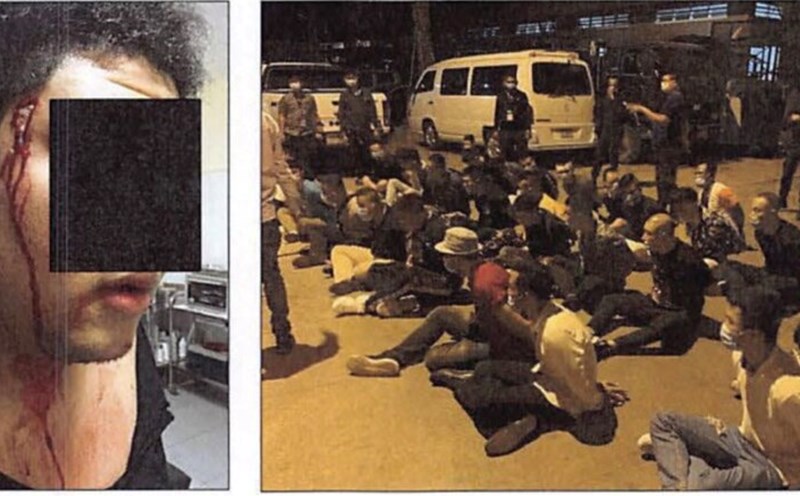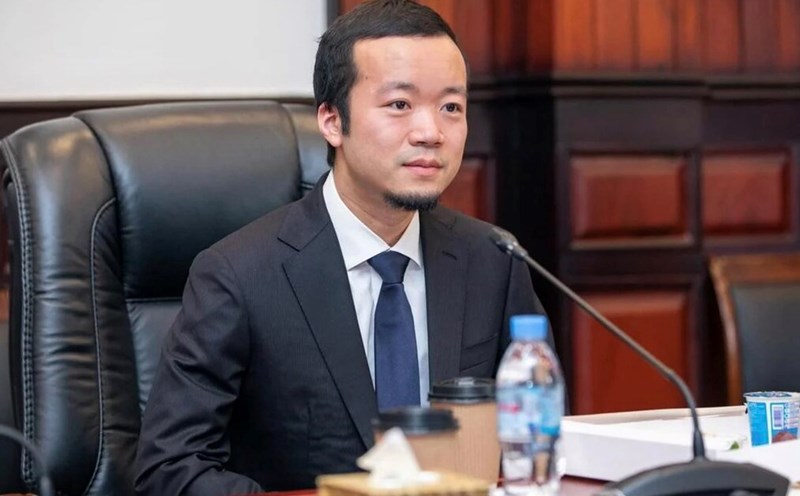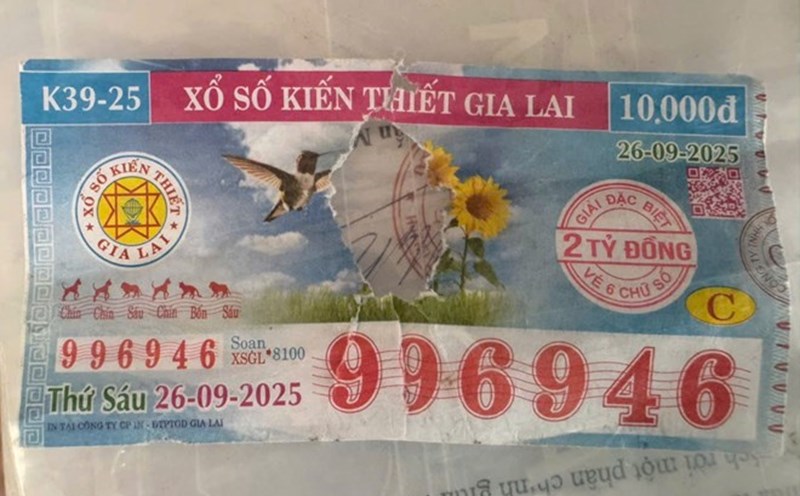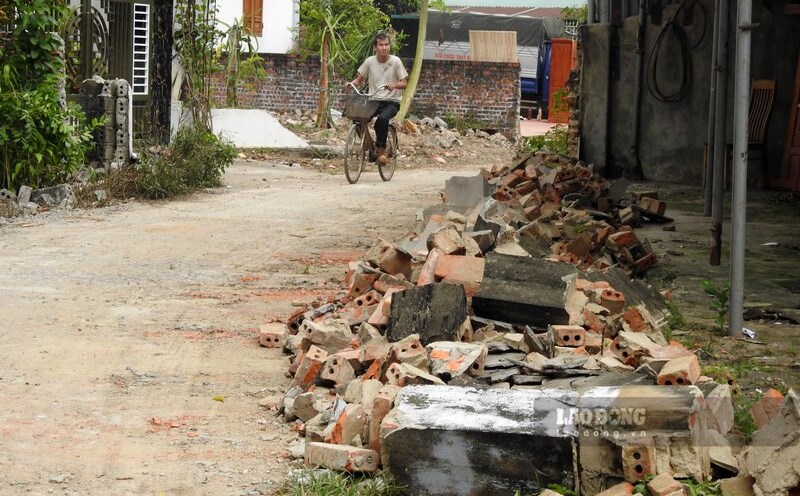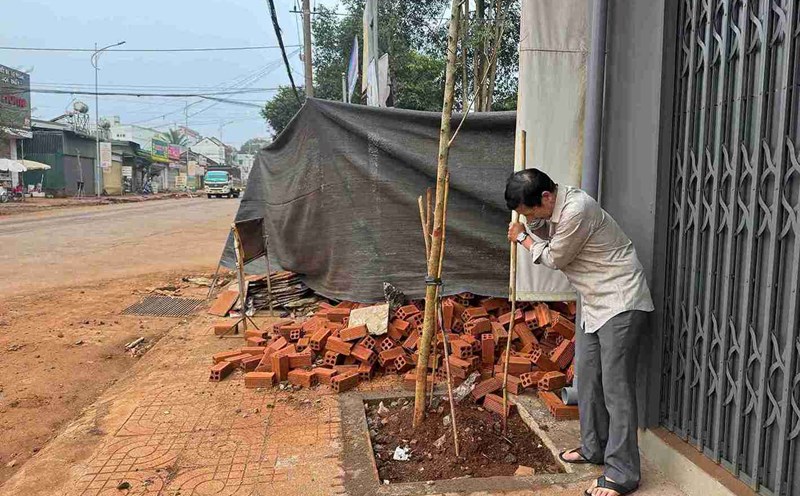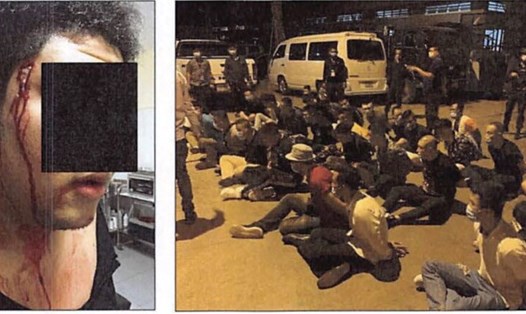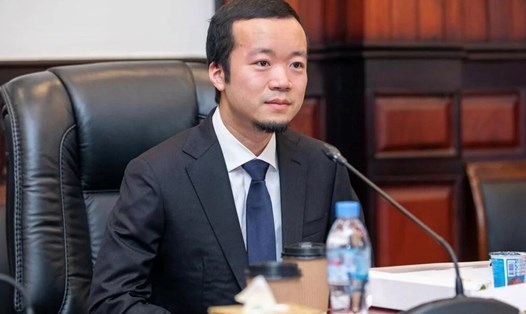Xinhua News Agency quoted a statement from the National Police Agency of South Korea (KNPA) on October 20 saying that the country's authorities had proposed a court to issue an arrest warrant for 59 out of 64 Koreans returned by Cambodia last weekend, accusing them of participating in online fraud activities, including "virtual love", fake investment and phone fraud against their compatriots in the country.
Of the 64 suspects, 4 have been released by the police, and another has been released after the Procuracy proposed to temporarily detain him. One suspect was arrested upon returning home under an available wanted warrant, while the remaining 58 were proposed to be arrested on October 20.
These people have been detained by Cambodia for many months, after authorities discovered they worked for online fraud centers operating in the Southeast Asian country. They were taken to South Korea on a private charter flight on October 18 and were immediately detained for investigation. Four people in group 64 were released saying they were beaten and forced to work in fraud centers in Cambodia.
International monitoring organizations have commented that online fraud after the COVID-19 pandemic has become a "money printing machine" for transnational criminal gangs, earning billions of dollars each year. The victims are not only those who were scammed out of money, but also tens of thousands of workers forced to work in scams, many of whom were tortured and detained.
According to the United Nations, Cambodia alone has at least 100,000 people trafficed or forced to participate in these activities, with similar figures in Myanmar and tens of thousands in Laos, the Philippines, and Thailand.
After a 22-year-old Korean student was found dead in Cambodia in August, South Korean public opinion was outraged and demanded that the government take stronger measures to protect citizens. The victim is said to have been tricked by friends into going to Cambodia to provide a bank account to a scam ring, then tortured to death.
In the face of the serious situation, the South Korean government has issued a travel ban on some areas in Cambodia and sent a special delegation to Phnom Penh to discuss joint efforts to search. Officials estimate that there are still about 1,000 South Koreans trapped in fraud centers in the country.
Initially, the fraud clusters were mainly concentrated in Cambodia and Myanmar, where criminals took advantage of cheap labor and legal loopholes. However, according to Interpol's report in June 2025, over the past three years, victims have been brought to Southeast Asia not only from South America but also from South America, Europe and Africa. New centers have even emerged in the Middle East, West Africa and Central America.

